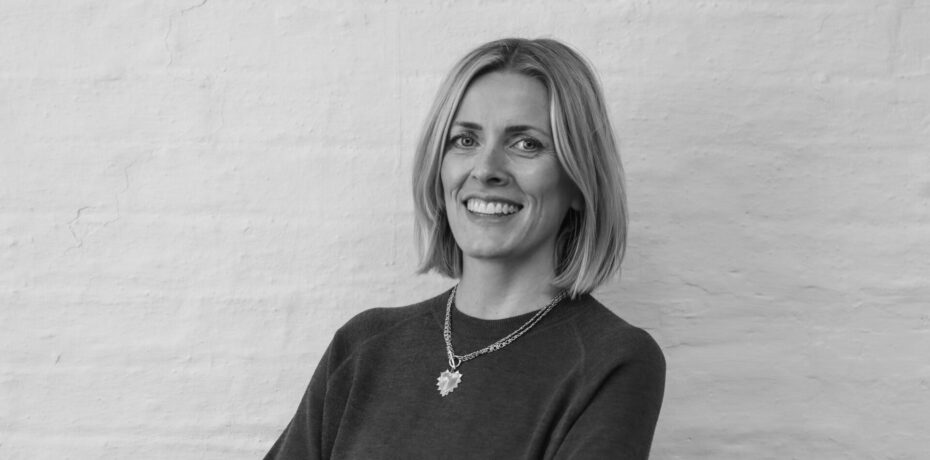Commentary
Look around your office – what don’t you see?
Britain has changed a lot in the past 20 years – but the property industry still looks much the same, writes Michele Steel of Regeneration Brainery. How do we make the industry more reflective of the areas it develops?
Tony Blair in power, Y2K hysteria, the Millennium Dome – it doesn’t seem like 23 years since I started out as a graduate planner at surveyors Drivers Jonas. But, looking back, British society has changed immeasurably in the time since, in many ways for the better.
Key movements, often motivated by societal shock, like #MeToo and Black Lives Matter, have forced change, both in perspective and behaviour. Overnight, the Covid pandemic shifted working practices that had been in place for decades. Meanwhile, Gen Z is entering the workplace and already showing their leadership priorities—a more value-driven agenda, particularly around inequity, social, and environmental challenges.
These key movements are occurring against the backdrop of our major towns and cities becoming increasingly more ethnically diverse. 33% of residents in the city of Manchester are from Asian and Black ethnic groups and in London, the figure is almost 50%, according to the 2021 Census.
And yet, look around your office (be it real or virtual). What do you see? Or perhaps, what don’t you see?
The disappearance of power suits and the advent of much better IT aside, the property industry can still look unsettlingly similar to when I entered in 2000.
Sure, some parts have improved their gender balance with more women. While there are still too few in senior leadership positions, it’s encouraging to see the roll call of female Northern Powerhouse chief executives, council leaders, mayors, and regeneration leads, all acting as an inspiration to girls and women in education and considering careers.
But what about diversity among other underrepresented groups – ethnic diversity, socio-economic backgrounds, neurodiverse groups? As an industry, are we representative of a wider society, and does it matter?
Financially, yes it does. Studies have consistently shown that diverse organisations are more productive and profitable with 36% more likely to outperform financially. Where organisations have more diverse management teams, they have 19% higher revenues due to innovation, according to Boston Consulting Group. This diversity leads to a better understanding of customer needs and perspectives, resulting in improved customer journeys and product development. It also provides organisations with a long-term, sustainable edge over competitors.
For the property industry, representation matters more than it does for most industries, because we play such a crucial role in the creation of place and communities.
Can we really claim to be the architects of inclusive change and sustainable communities if we don’t have representative inputs to our processes? Are we going to be able to tackle the mounting challenges society faces if we can’t draw on innovative, creative, and diverse thinking in our organisations?
I don’t think we can leave the shift we need to chance. That’s why Regeneration Brainery was set up: to increase both diversity and social mobility in the industry.
Regeneration Brainery is a not-for-profit, free programme for young people from underrepresented backgrounds. Thousands of people aged 14–21 have already been given a taste of the property industry’s vast career options through inspirational week-long workshops, been connected to leading industry mentors, and been given proper hands-on work experience, internships, and apprenticeships.
I should note that it’s only been possible thanks to the hundreds of industry leaders who have given up their time and expertise because they want to make a difference and be the change-makers.
It’s still a sad fact that if you don’t know someone in the industry you’re unlikely to know how many career options there are in property and regeneration or get a step on the first rung of the ladder.
RICS’ Women in Surveying Survey 2023 found that most members became aware of surveying as a profession from a family member or friend, at work, or by doing their own research. If you don’t have industry-based family members or friends, you’re unlikely to land any work experience. So, if you’re from a lower socio-economic background trying to understand and access an industry where almost two-thirds of the workforce are from a higher socio-economic background, the odds are already stacked against you.
Having taken more than 70 young people to UKREiiF in 2023, Regeneration Brainery is now officially UKREiiF’s 2024 Charity Partner. We’re going to showcase the talents of brilliant, bright young minds and raise awareness of the importance of diversity and inclusion within the industry. Our aim is to match as many young people to industry mentors and employers as we can manage over the three-day conference. With more than 10,000 attendees expected, being the UKREiiF Charity Partner will also help us reach even more partners who are championing diversity and inclusion.
We can only do our work with the support of the industry. If you’re reading this and thinking you want to be part of nurturing the future talent pool – showing bright young things that they can be the architects, project managers, quantity surveyors, interior designers, and planners of the future – regardless of their background, hit us up. We’d love to get you on board.
- Michele Steel, Equity, Diversity & Inclusion (EDI) Strategic Advisor to Turley and supporting Regeneration Brainery in their mission to increase diversity in the property & regeneration industry.
- Regeneration Brainery’s charity partners: Place North, Lloyds Bank, Built Environment Networking, Homes England, Capital & Centric, Gateley, Property Week, Bruntwood, Met Thames Valley Housing, Bowmer & Kirkland, and Octopus Real Estate. Become a partner here.






Interesting read, definitely an area we all need to be more proactive in
By Joff